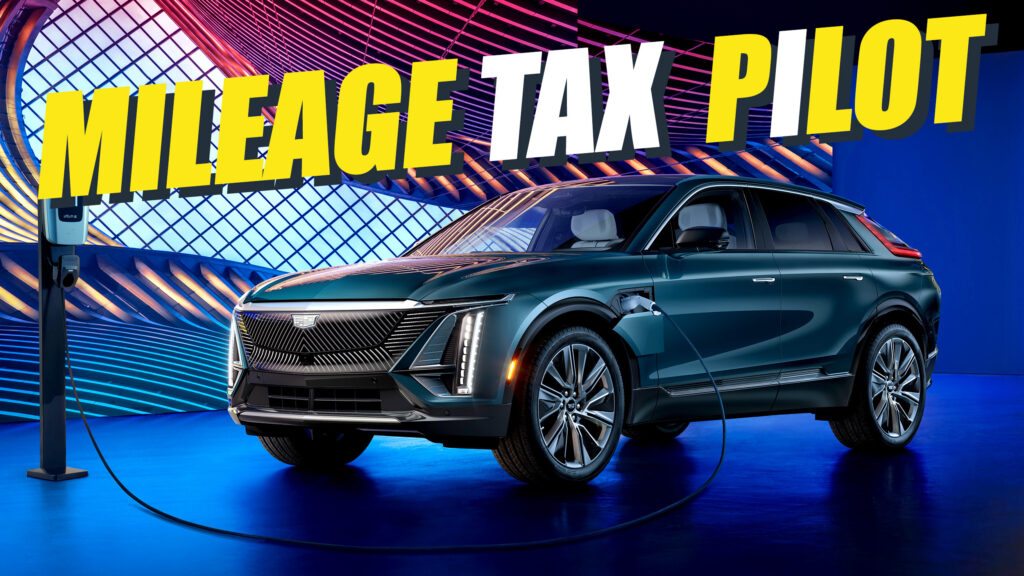- California leads the nation in EV adoption but it’s losing funding it would normally receive from gas taxes.
- In an effort to bridge the gap, it has proposed a mileage tax on all road users.
- Now, it’s beginning a pilot program to test out how well it works for the public.
Several states use gas tax funds to repair roads and infrastructure. It’s a strategy that has worked (to varying degrees) for decades but as customers increasingly turn to electric vehicles, funds decrease. That’s the issue that California is facing as the national leader in EV adoption.
The plan it has to combat the decrease in funding is to charge drivers for every mile they drive, regardless of what kind of energy they use to do it.
Read: Oakland Swaps Traffic Lights For Stop Signs As People Are Stealing Them For Copper
The California Department of Transportation (Caltrans) says that a shift from the gas tax to a mileage tax would be more fair than the current system. For now, California has roughly 1.2 million EVs on its roads and they clearly don’t contribute to the gas tax. At the same time, it makes roughly $300 per gas-burning vehicle from the gas tax alone.
That’s enough, for now, to cover the estimated $8 to $9 billion needed for state road maintenance. Should the EV shift continue though, it won’t be enough, and so the state is looking for a solution. “On average, Californians pay about $300 a year in state gas taxes,” Caltrans spokesperson Lauren Prehoda said to ABC7. “EVs have a $100 (annual) registration fee… that’s a $200 million a year loss.”
The road tax/mileage tax would be entirely based on mileage. Those participating in the new pilot program have various ways to report that mileage. They can install a device in their car that tracks it automatically or they simply submit a before and after photo of their odometer. In exchange for participating, they’ll get up to $400, but there are a couple of caveats. The state will only dribble out that money over the course of the pilot.
Participants get $100 at the beginning, $100 at the end, and $200 if they pay all of their mileage fees during the six months. That’s right, these folks will have to pay up for their mileage (for now in addition to whatever they spend on gas including that tax). The state says that it’ll provide a credit for gas taxes paid during the pilot, while EV owners will get a partial credit of their annual registration fee.
Of course, the effect that this shift could have affects road users in different ways. Caltrans claims that most drivers wouldn’t notice a dramatic shift in the amount they pay each year. It acknowledges that EV owners would likely see a large increase though since they spend less on gas for now. The organization also says that the average Californian spends about $840 annually on vehicle repair costs due to poorly maintained roads.
This change has been brewing since the mid-2010s. In 2014, the state approved research into it, and in 2016 it ran a nine-month pilot program. Since then, the state says that it’s continued to collaborate with partners and other states to develop it. When and if it ever actually becomes law is up in the air at this stage.




